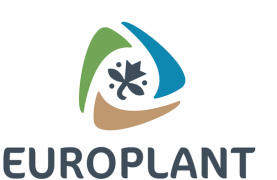Abstract
This study determines the ability of an isolated Trichosporon domesticum yeast strain to accumulate intracellular lipids in media with deproteinated potato wastewater (DPW) containing various carbon sources. The yeast strain was isolated from kefir and identified by internal transcribed spacer (ITS) region sequence analysis. The sequence was deposited in GenBank under accession number MH094668, and the strain was deposited in Polish Collection of Microorganisms as T. domesticum PCM 2960. DPW is an inexpensive and valuable source of nitrogen, potassium, phosphorus, and other elements in yeast cultures. DPW supplemented with glucose medium was most effective at stimulating lipid biosynthesis by T. domesticum PCM 2960 and bioreactor incubation resulted in a final lipid yield of 4.8 g L−1. The lipids of the T. domesticum PCM 2960 biomass were characterized by high contents of linoleic acid (Δ9,12C18:2), oleic acid (Δ9C18:1), palmitic acid (C16:0), and α-linolenic acid (Δ9,12,15C18:3). Theoretical calculations for biodiesel properties showed that the methylated esters of lipids from T. domesticum PCM 2960 biomass cannot be used as a biodiesel in diesel engines. Additionally, the ability to produce biofilm as one criterion for pathogenicity was tested. The ability for biofilm formation by the isolated strain was low. This study provides a promising solution for the more economical production of microbial lipids with DPW.















